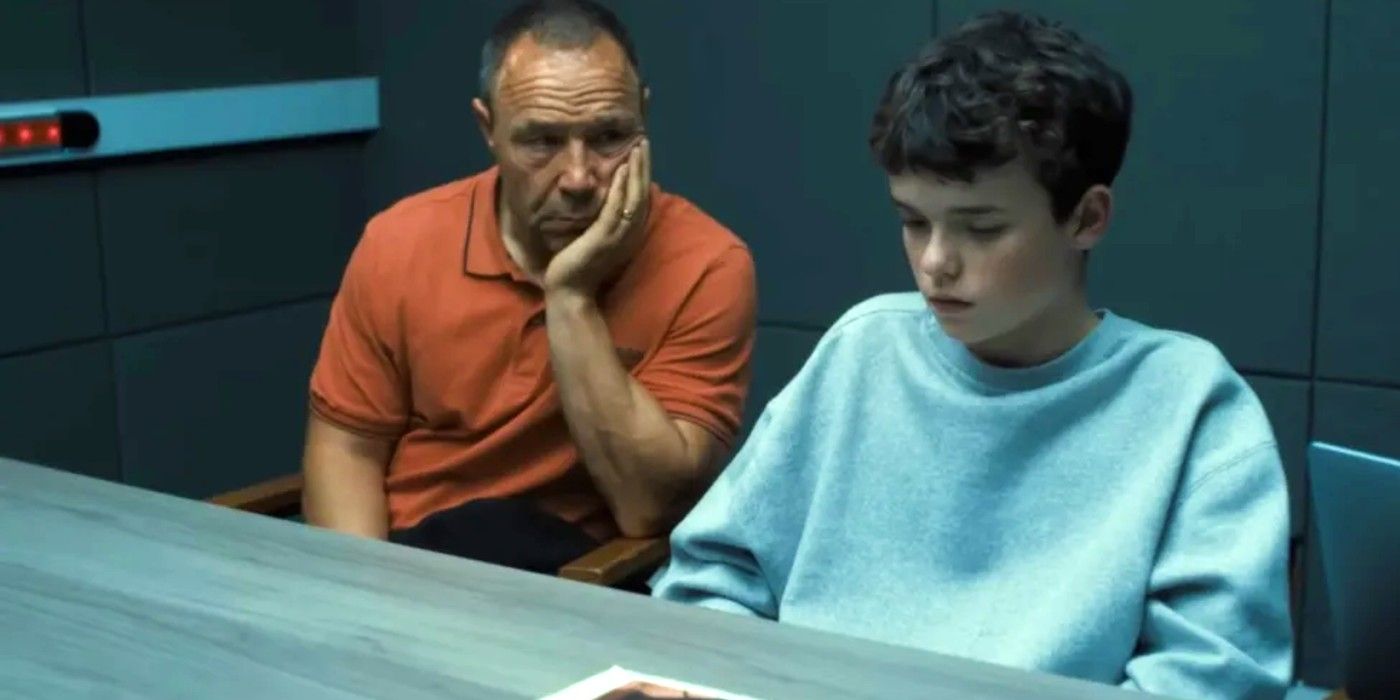
Whereas most shows focusing on a crime as shocking as the one in Adolescence would emphasize the victim’s story, or the police-procedural and legal elements of their narrative, this miniseries casts its lens primarily on the perpetrator of the crime. Jamie Miller appears to be an ordinary young teenage boy who does well at school, has a stable, supportive family that includes an attentive father, Eddie, and is part of a close-knit friendship group. Yet somehow, despite having barely entered his teens, he’s guilty of the most heinous crime anyone can commit.
Adolescence’s Focus On Misogynistic Crimes Explained
Stephen Graham’s Show Chooses To Focus On The Perpetrator Not The Victim
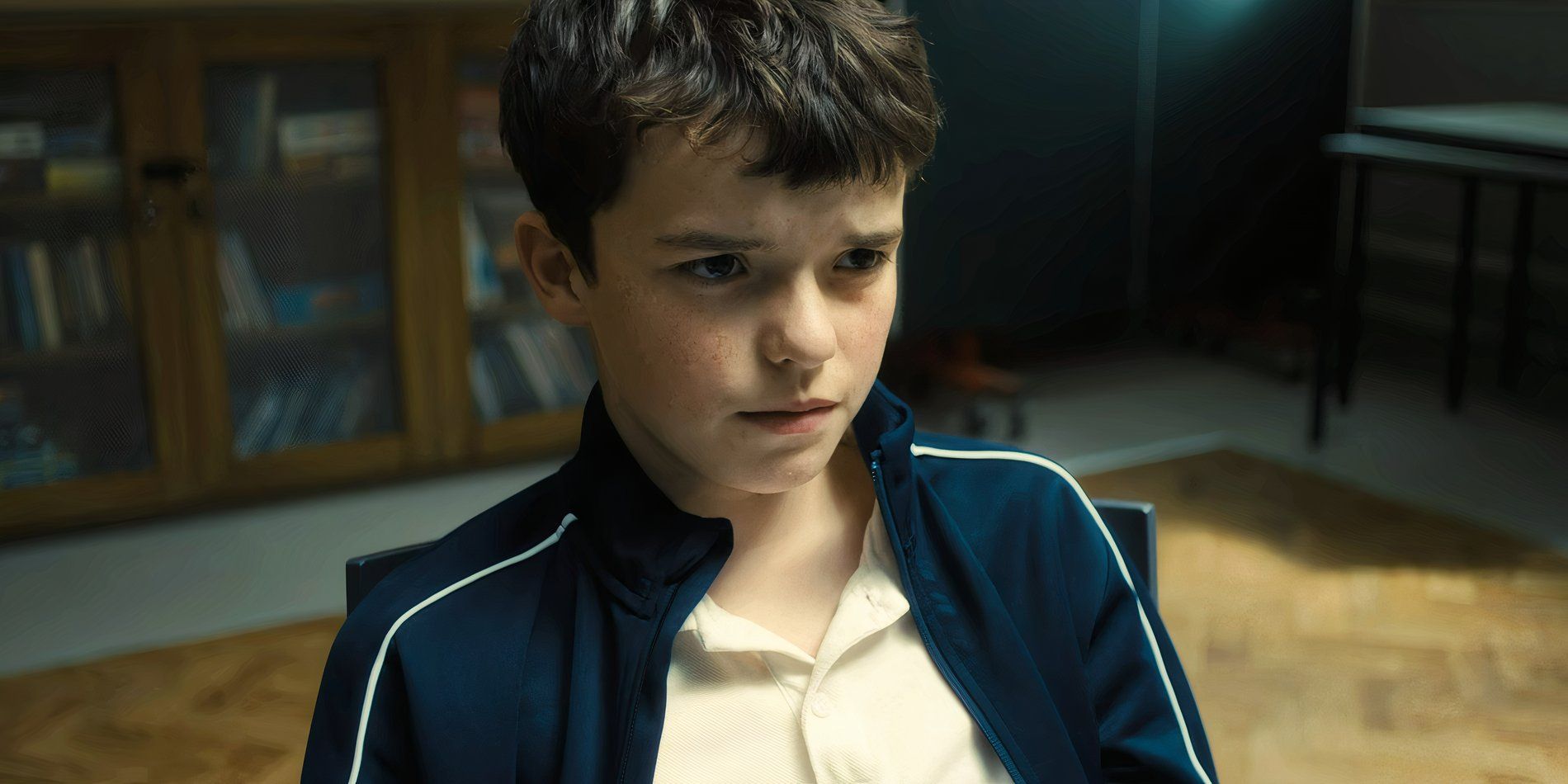

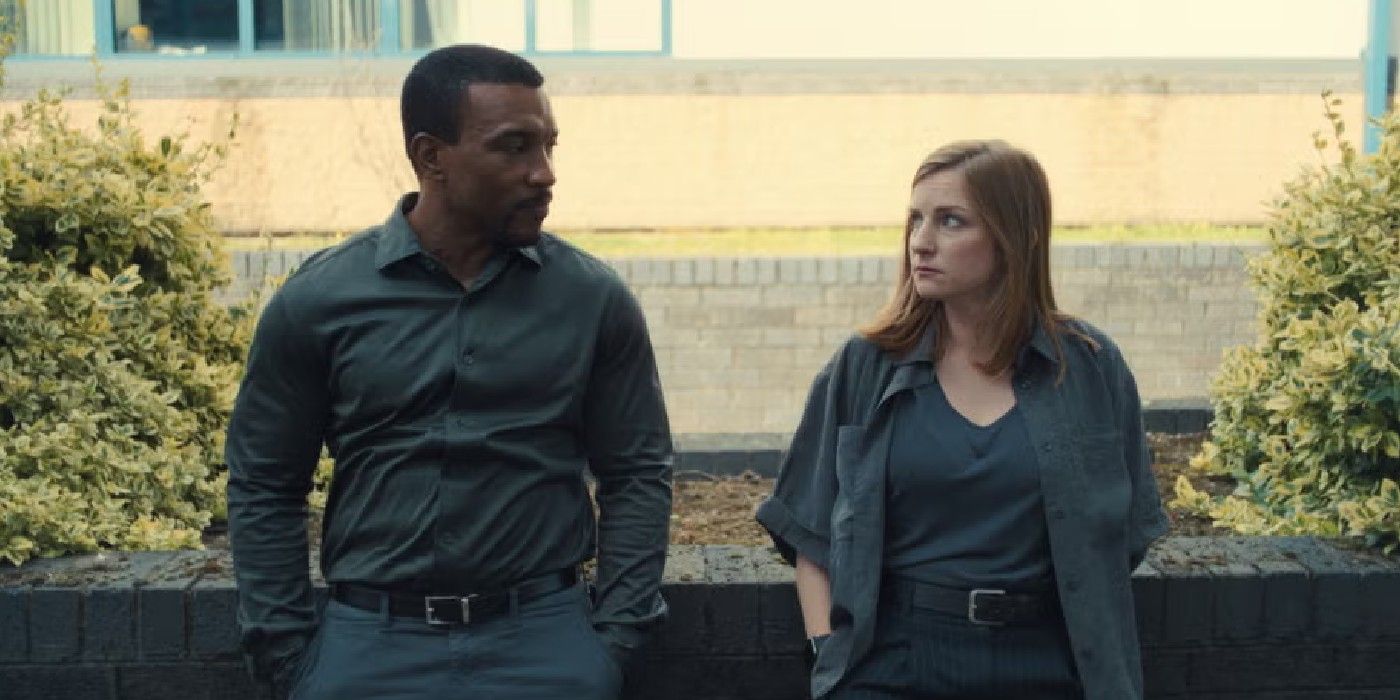
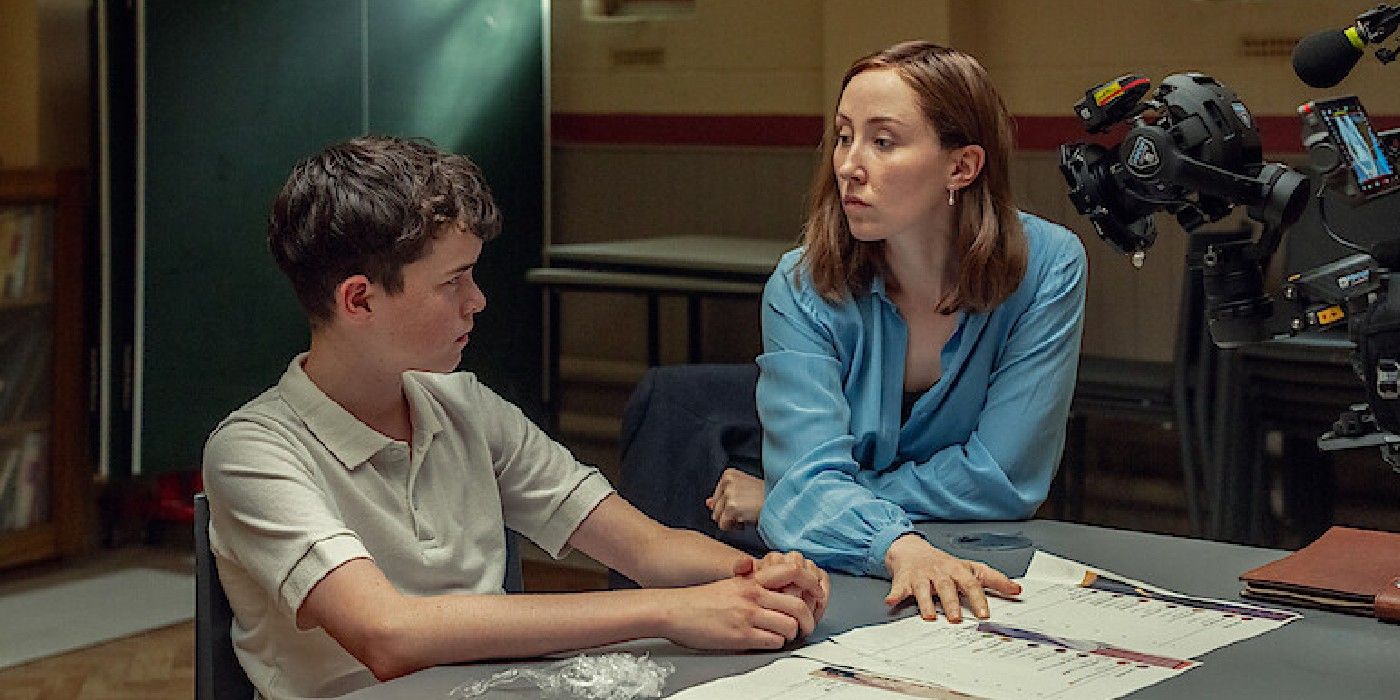
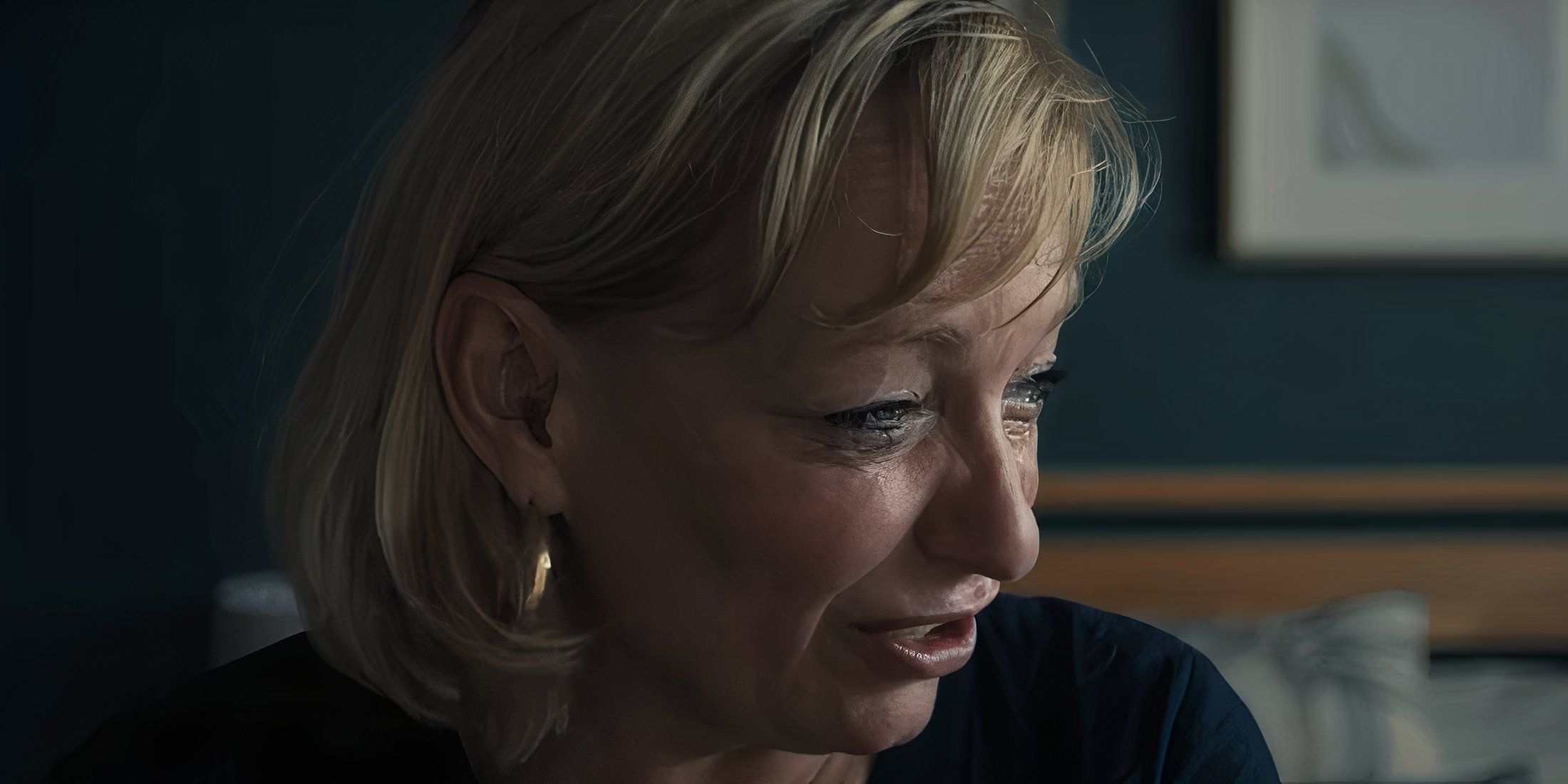





In an interview published by Netflix on Tudum in a behind-the-scenes video about the filming of Adolescence, Stephen Graham has explained why he chose to focus on the story of Jamie and his family, rather than the victim of his crime. “We always see the perspective of the victim’s family, which is rightly so, of course we should,” Graham said. But for him, the purpose of the series was never simply to depict a crime and its principal victims. “I wanted to look at the impact it has upon the family of the boy who has committed the act.”
Jamie Miller’s motive for killing Katie in Adolescence could never be explained before or during the act. It’s only by picking apart the debris of his world, and the world of those around him, following its collapse, that we can make sense of seemingly inexplicable crimes like his. Adolescence unpicks the truth during the course of a police investigation fraught with personal prejudice, a psychological evaluation of the killer himself, and attempts by Jamie’s family to reckon with what he’s done.
Jamie Is A Victim Of Incel Culture In Adolescence
Incel Ideology And Cyberbullying Fuel The Violence He Commits
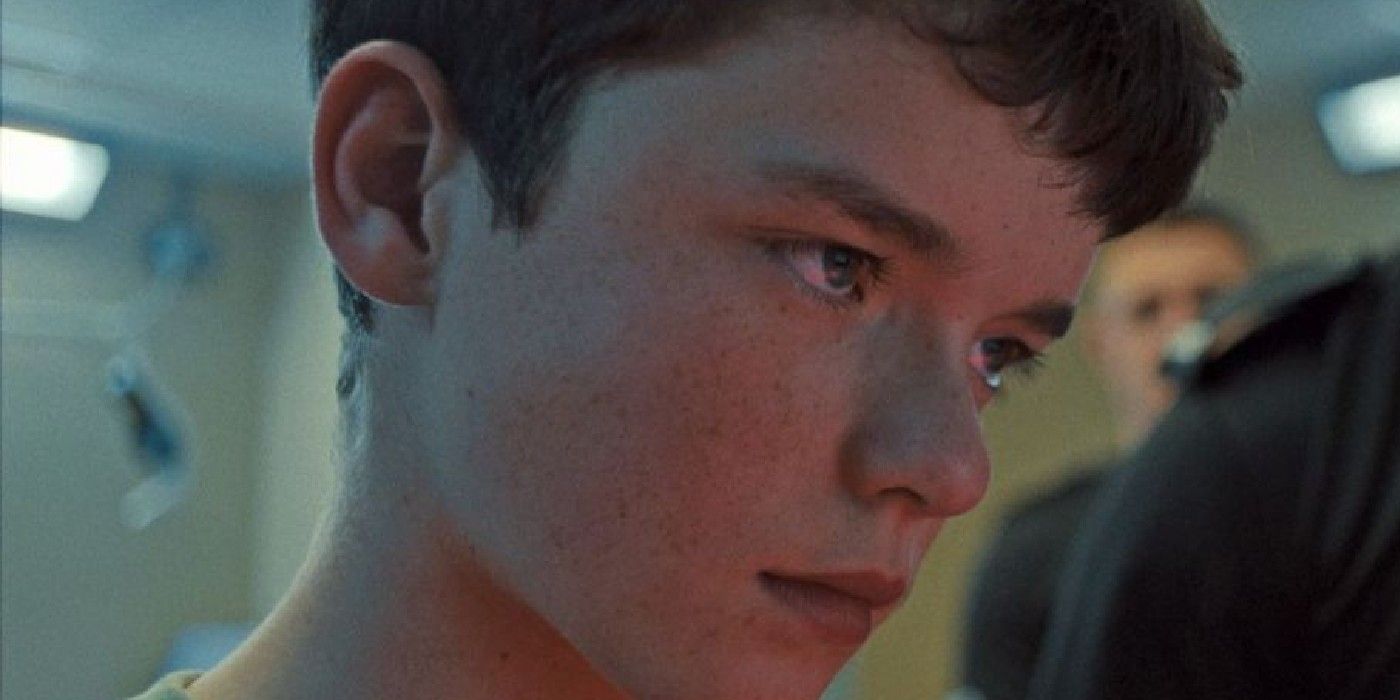
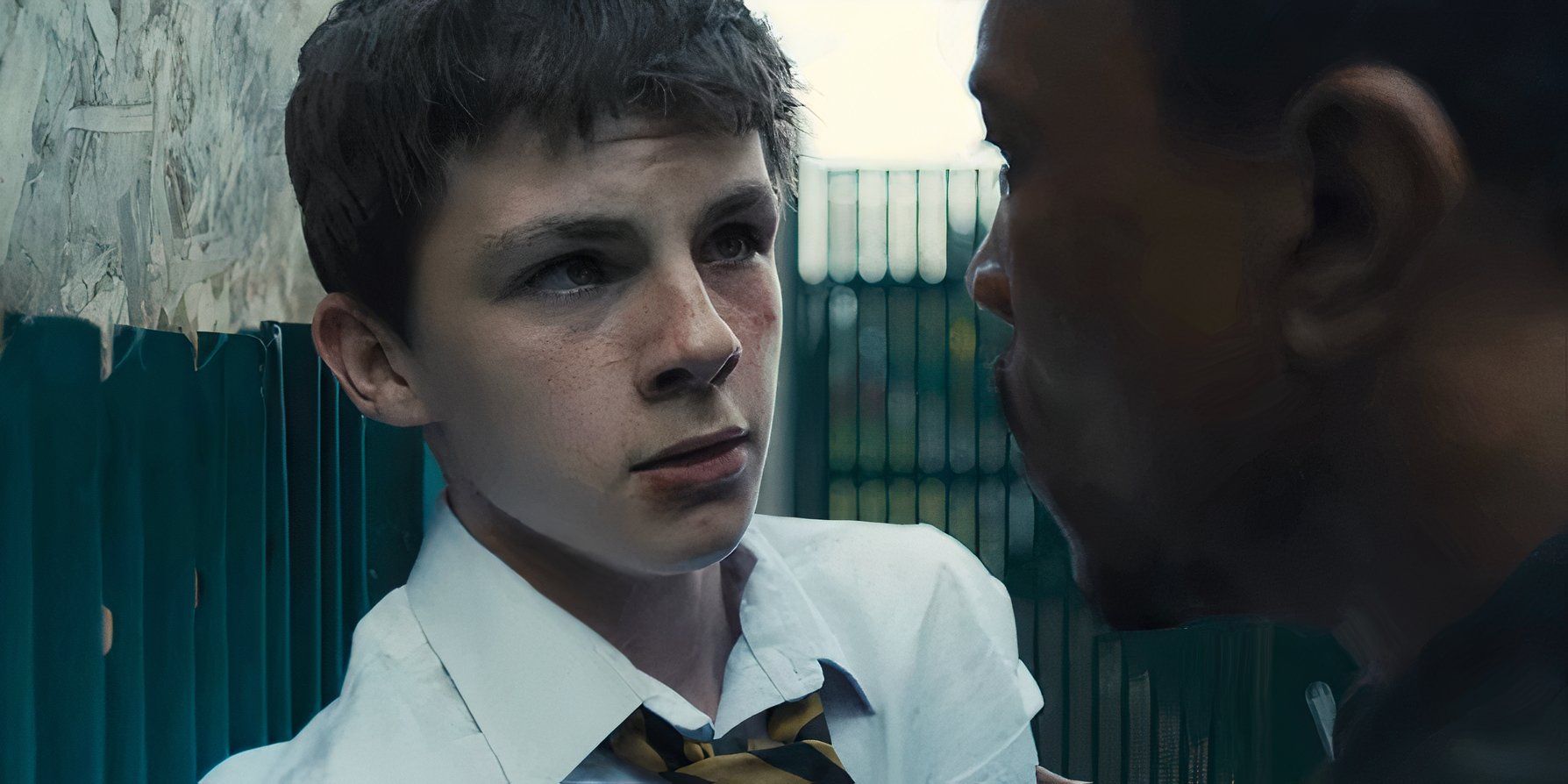
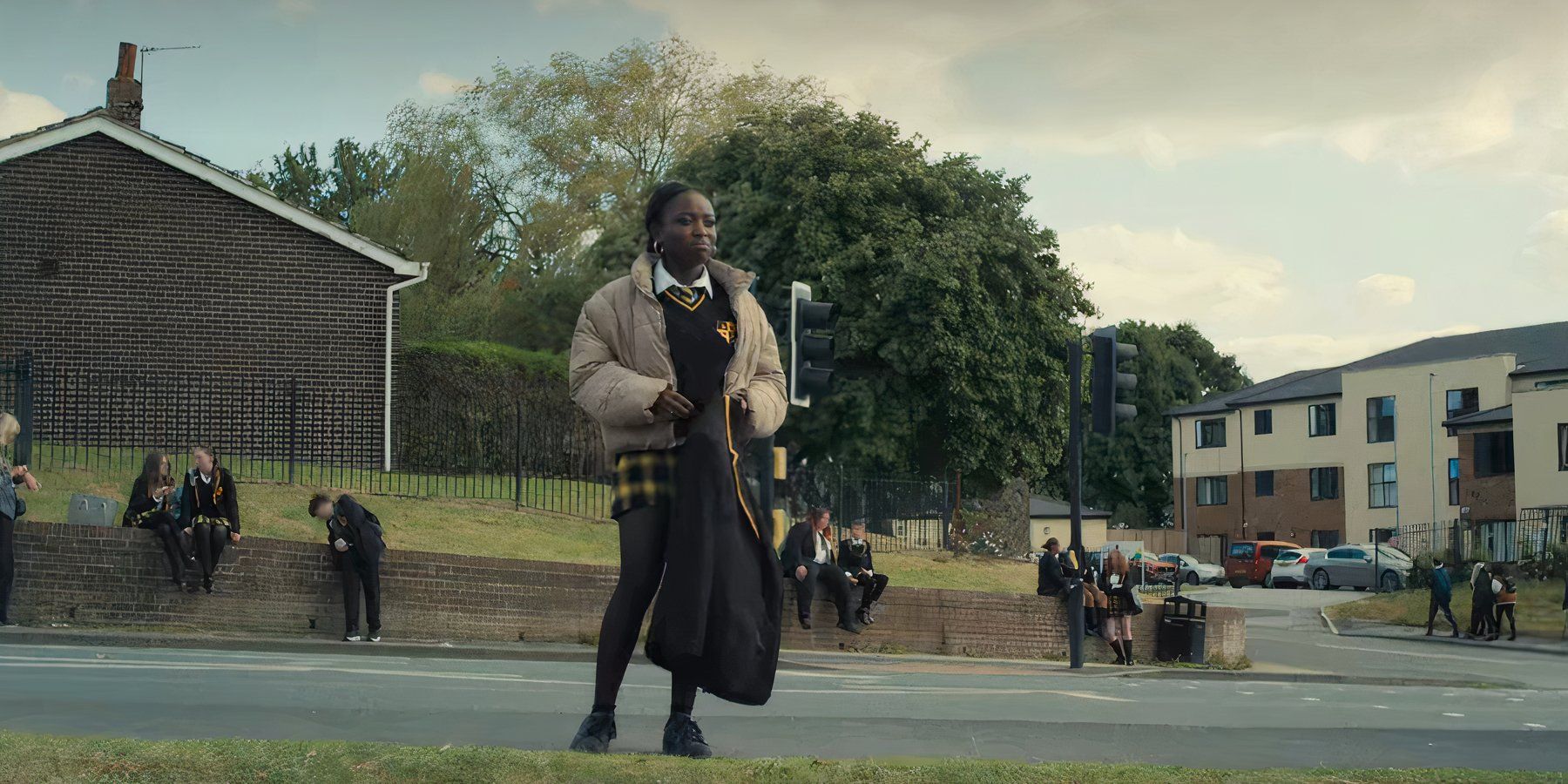
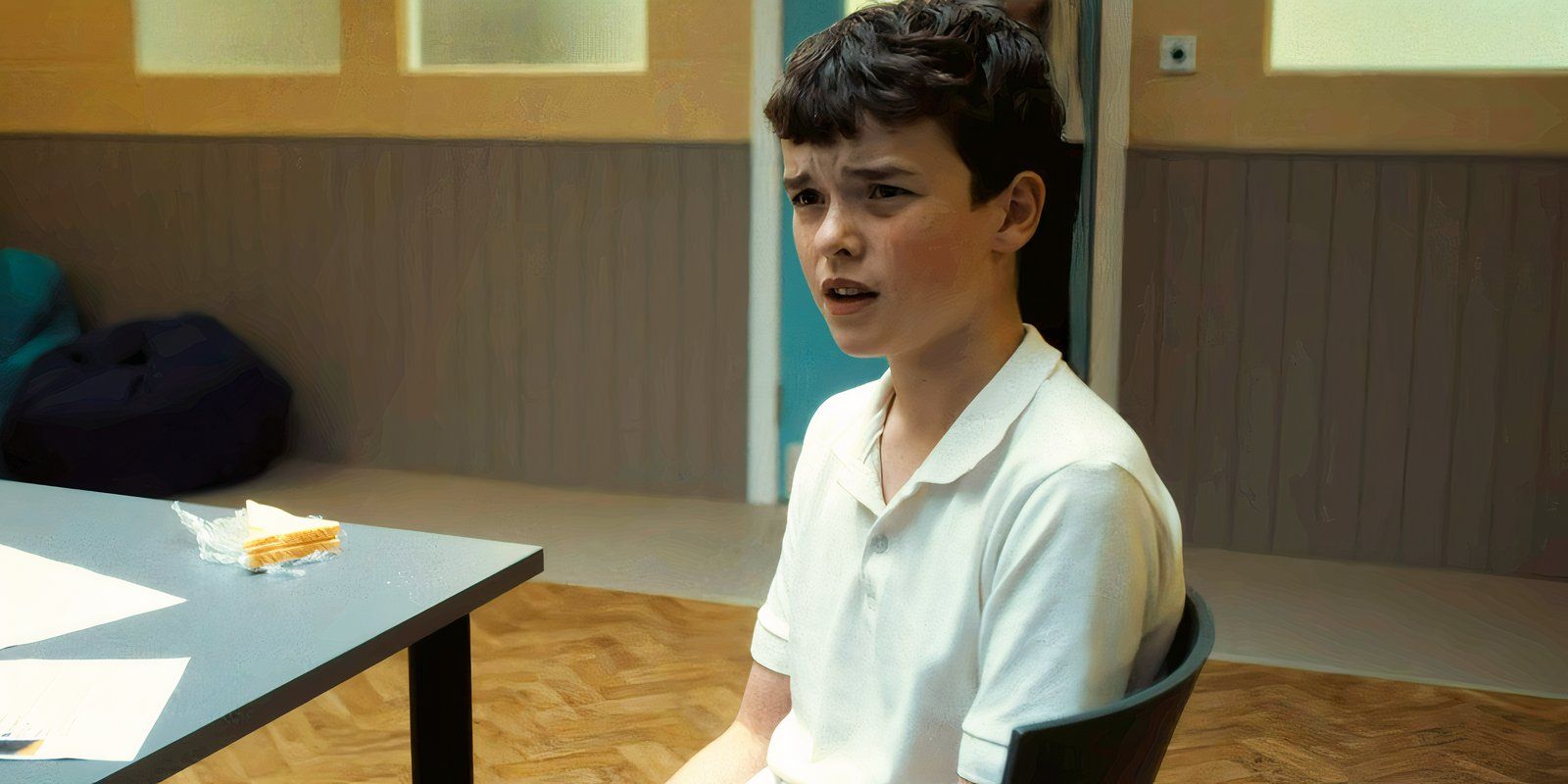




Jamie’s ostensibly benign characteristics in this episode also set up a key conclusion that we can draw from Adolescence. He, too, is a victim of what’s happened – not in the same way as Katie, who’s the actual victim of his crime, but more indirectly. Later in the show, it becomes clear that Jamie was motivated to launch a fatal attack against Katie after he’d been the victim of cyberbullying. Katie herself had taunted Jamie on Instagram by calling him an incel, someone supposedly incapable of being sexually attractive to a woman, much to the delight of their peer group.
“Each episode of Adolescence digs into its ideas in nuanced ways that don’t ask the audience to take a particular stance. Instead, much like the cinematography, its themes are presented with appreciative realism, prioritizing events over messages.” – Nick Bythrow – ScreenRant’s review of Adolescence
It was the climate of incel culture in Jamie’s school year that incited him to commit an act of extreme violence and misogyny as a defensive response to his own lack of self-esteem. Katie’s Instagram post apparently provided the catalyst for this violence to rise to the surface, but it was already latent within Jamie, and incel culture encouraged him to direct it towards a woman.
Adolescence Shows How Masculine Stereotypes Destroyed Jamie’s Self-Esteem
Jamie Has Been Made To Feel Worthless As A Male Because Of The Role Models He’s Had
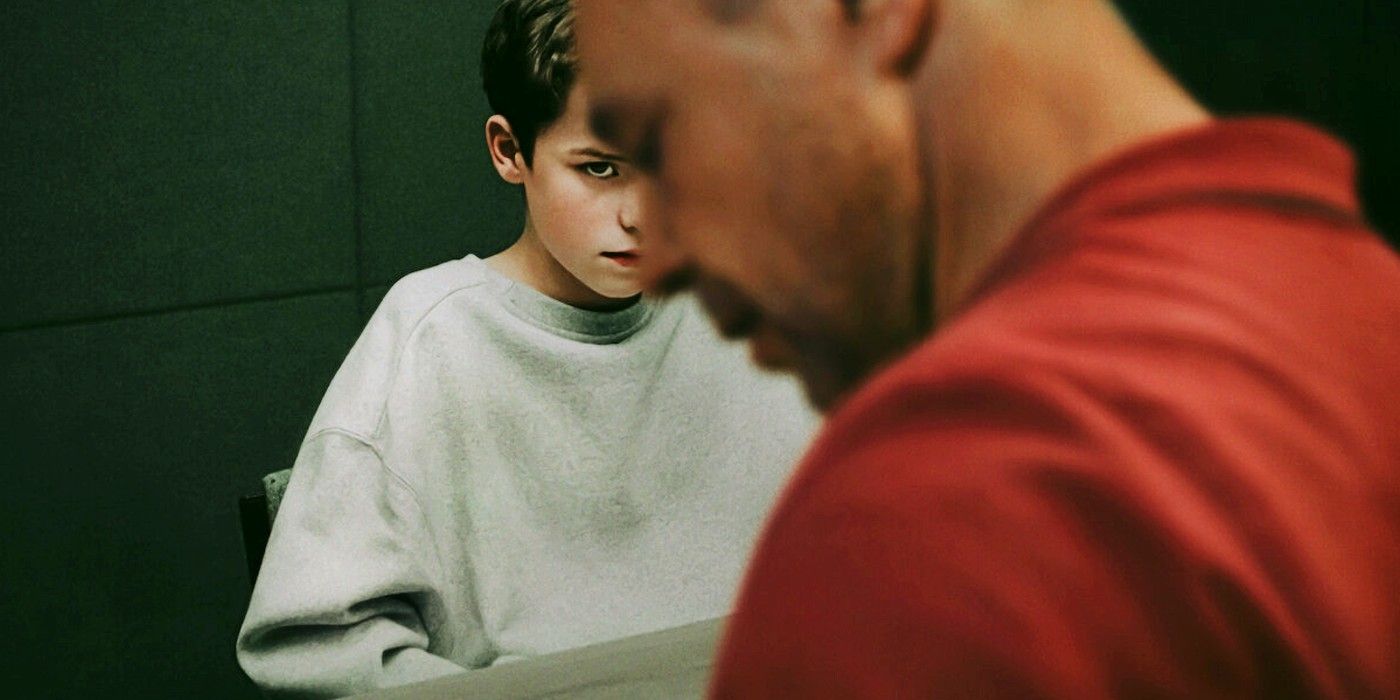
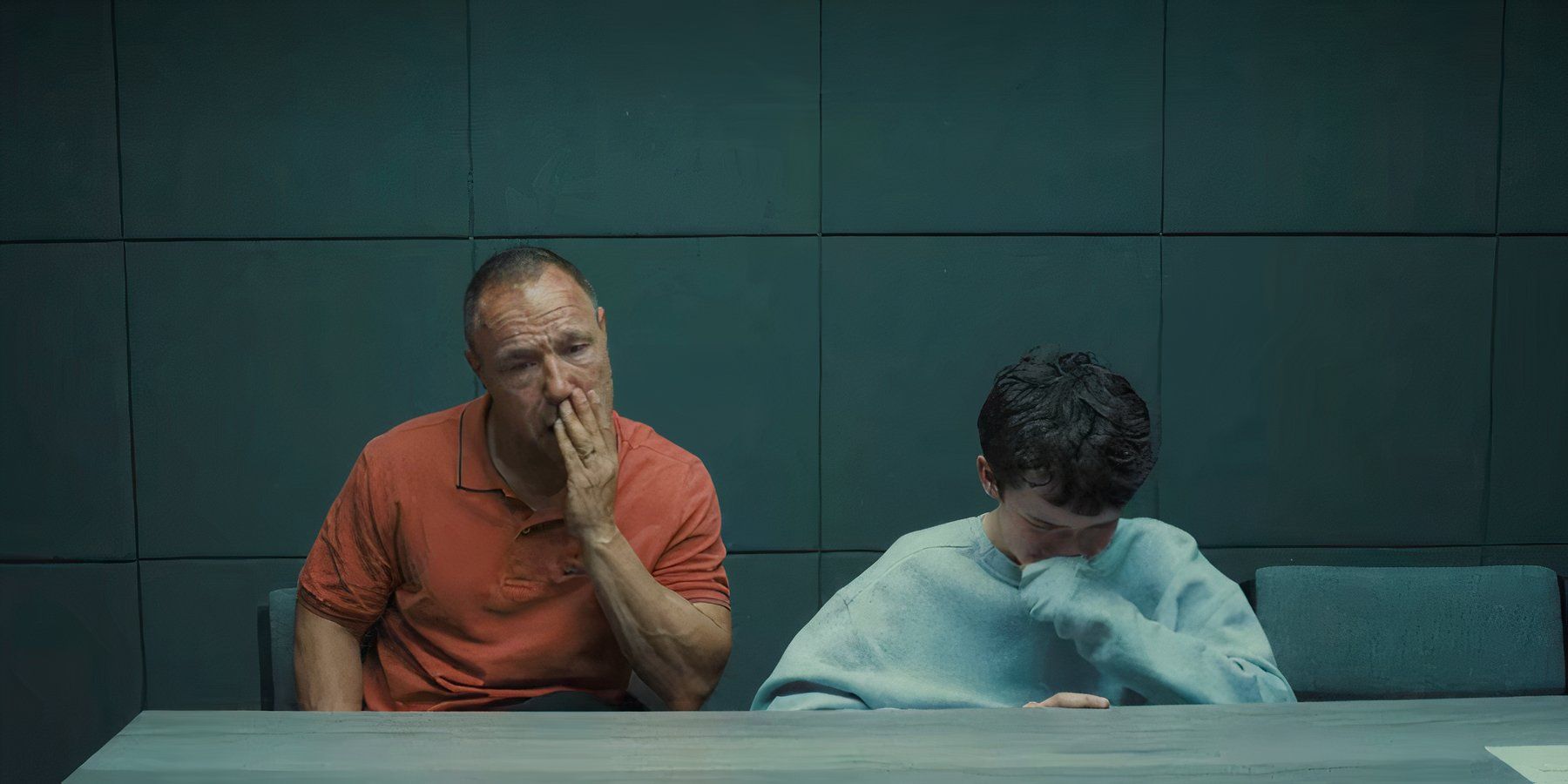
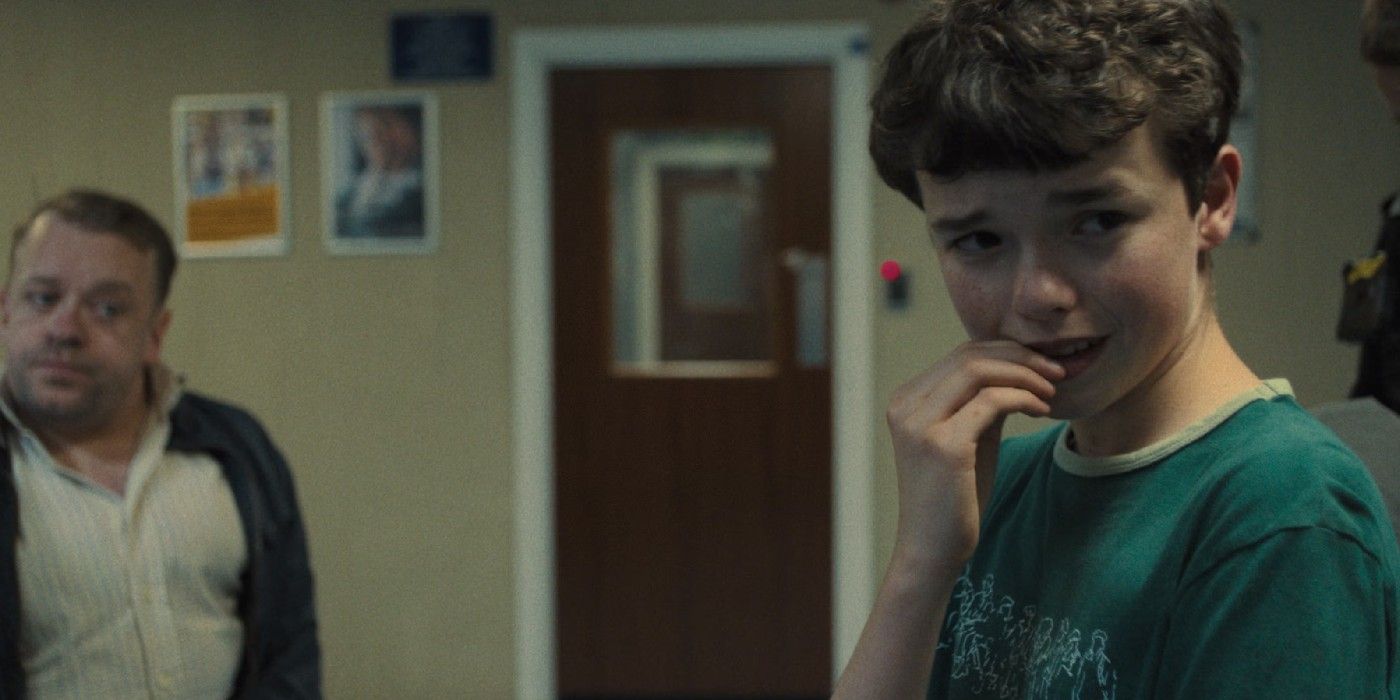



Even incel culture as an abhorrent form of misogyny against women is only a symptom of a deeper, underlying issue that Adolescence addresses. That incel ideas are able to take root so easily in the high schools of Britain, as well as other countries, is a reflection of the warped picture of masculinity with which young boys are presented from their earliest years.
Jamie has been taught that being male means showing little emotion besides anger, not talking about feelings, making friends strictly with boys, and being passionate about – and good at – sport.
After his initial shock at learning what his son has done, for the remainder of the series Eddie tries his best to repress his feelings about it, which end up boiling over into anger against the vandals abusing him by calling him a “nonce,” a term that Adolescence viewers wouldn’t know the meaning of unless they’re from the UK. This is clearly the model for emotional expression that Jamie follows, as we see in his outbursts of rage during the psychological evaluation in episode 3.
Because Jamie has little aptitude for sports, he lacks what he’s been made to believe is the most desirable masculine trait. In addition, because he’s taken after his father in only making friends with boys, he finds it hard to socialize or identify with girls, which reinforces the sense that he’s not desirable.
Overall, Adolescence gives us the impression that Jamie is a boy with a very low opinion of himself. The model that Eddie has inadvertently given him, regardless of how hard he’s tried as a father, has led Jamie to feel that he’s “the ugliest” boy he knows. Because he has little aptitude for sports, he lacks what he’s been made to believe is the most desirable masculine trait. In addition, because he’s taken after his father in only making friends with boys, he finds it hard to socialize or identify with girls, which reinforces the sense that he’s not desirable.
With Jamie’s self-esteem at rock bottom, he’s an easy target both for the poisonous ideas about women propagated by incels online, and for the kind of bullying at school that might elicit an angry response from him. It’s the combination of these two things, in the context of his fragile young ego, that’s resulted in an act of extreme violence with fatal consequences.
Jamie’s Father Eddie Suffers From The Effects Of Male Chauvinism In Adolescence
Eddie Is A Victim Of Warped Masculinity As Well As Jamie
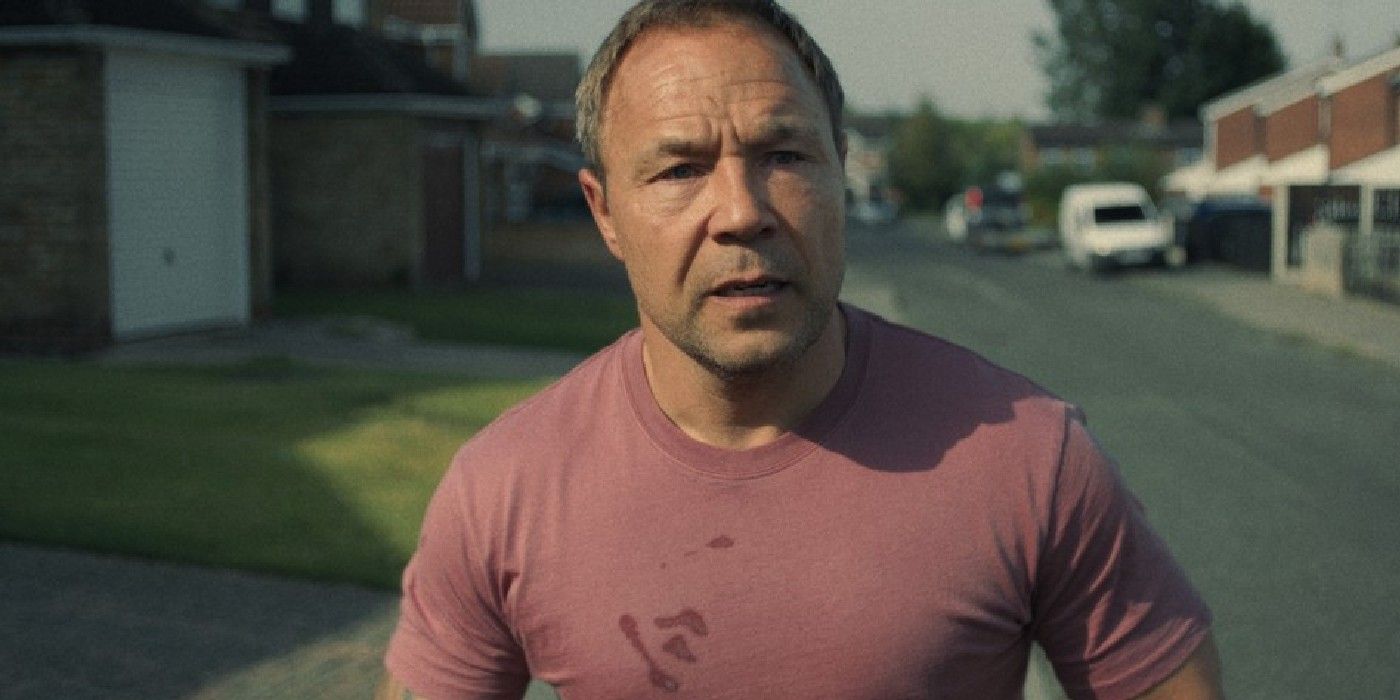
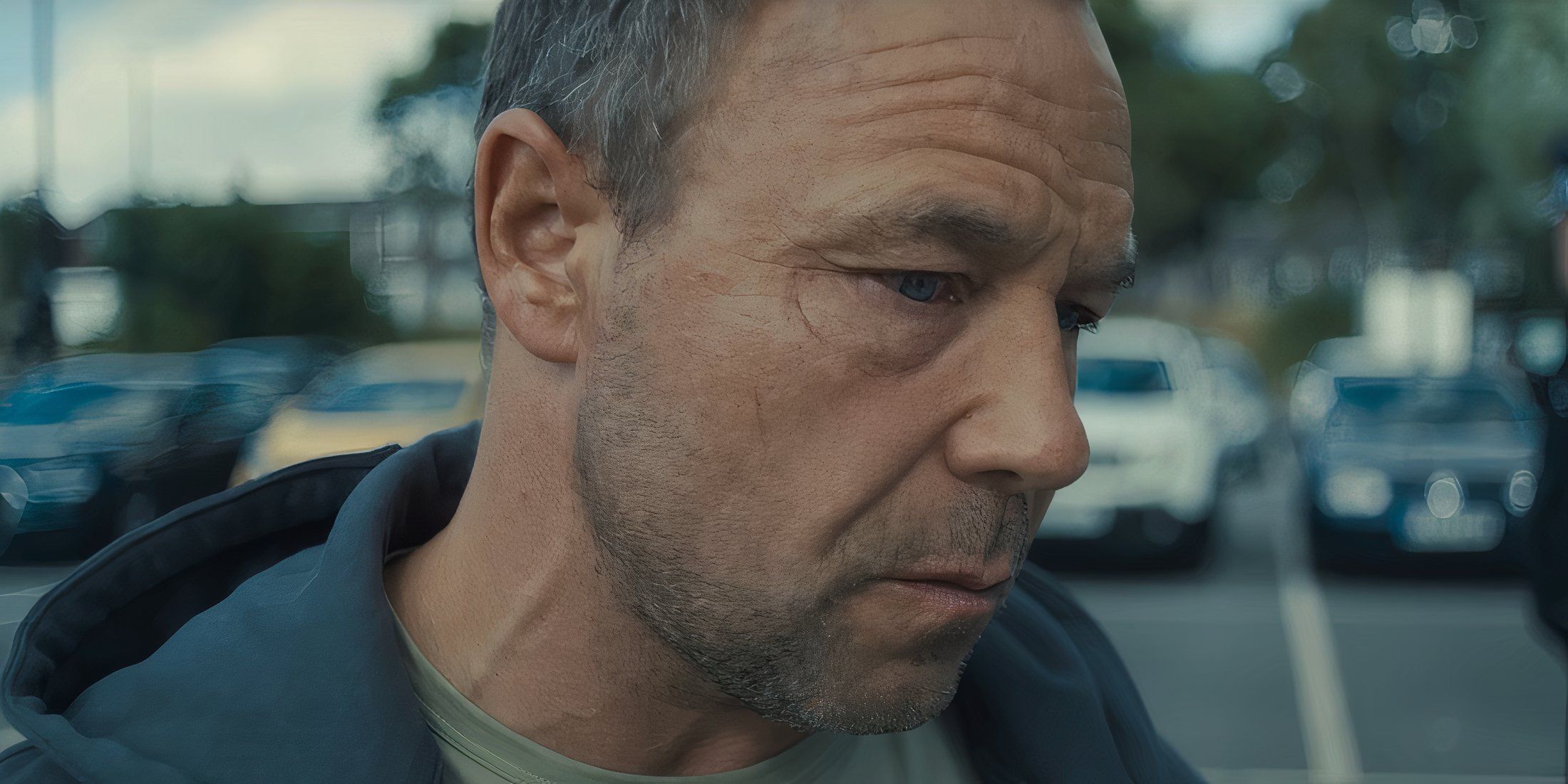
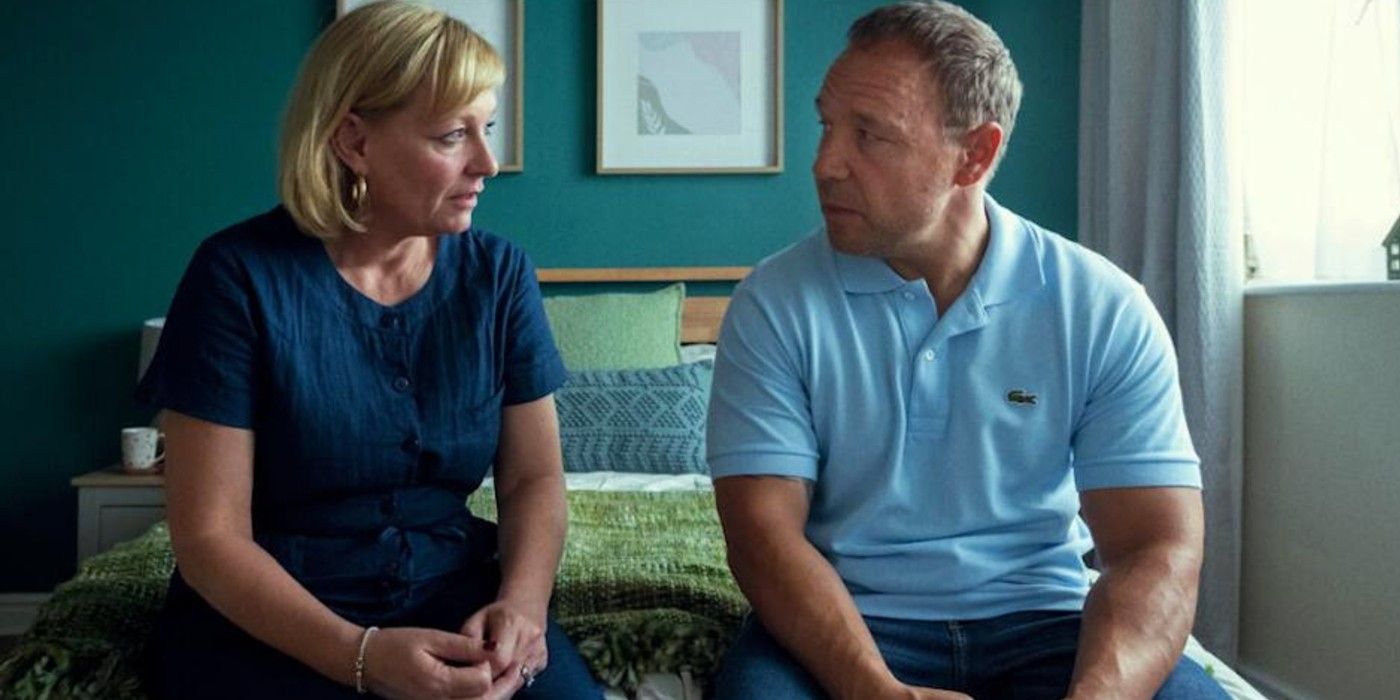



Although Eddie himself has never been violent with Jamie or his daughter Lisa, and has tried his best to raise his children in a different way from his own father’s methods, his father’s version of masculinity has obviously left its mark. Even a happy memory for Eddie and his wife Manda is punctuated with an example of him acting tough in front of his father, by pretending that he got into a fight at the school dance.
Eddie’s inability to deal with his own emotions, to let his wife in when she’s trying to help him, and to be emotionally open with his children, is ingrained in him from his own childhood. His emotional limitations seemingly play a key role in Jamie becoming a young teenager with the type of self-esteem issues that put him at risk of extreme behavior, even if they aren’t the direct cause of Jamie’s crime.





